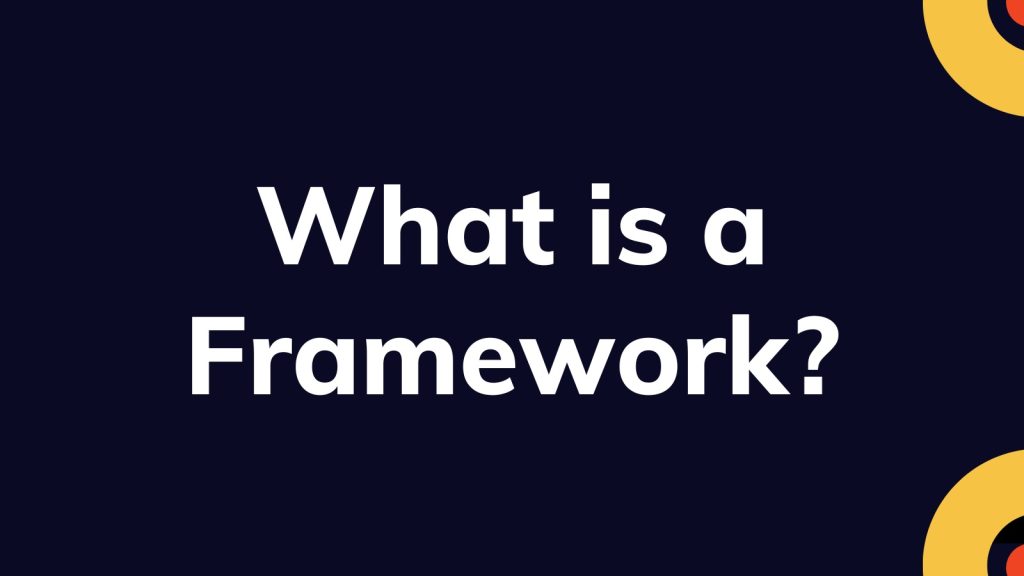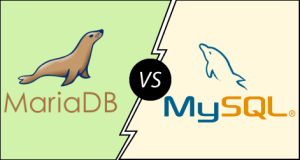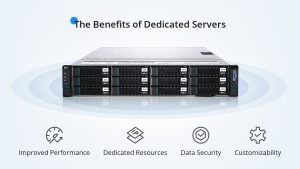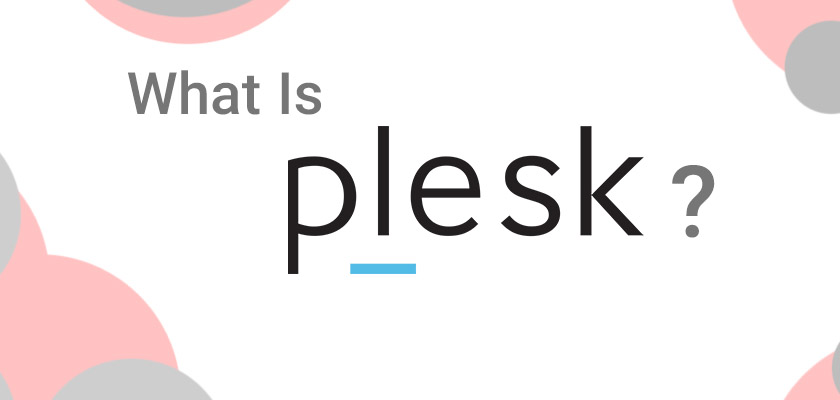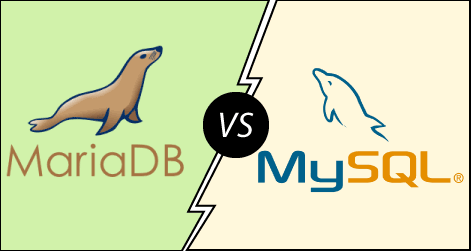A Framework is a structure that you can build software on. It serves as a foundation, so you’re not starting entirely from scratch in your hosting service. Frameworks are typically associated with a specific programming language and are suited to different types of tasks.
You May Have Missed
